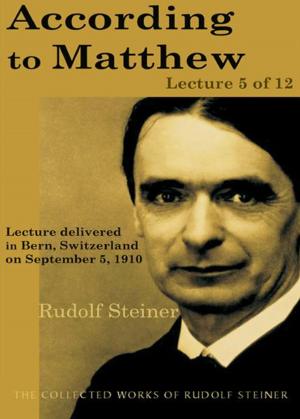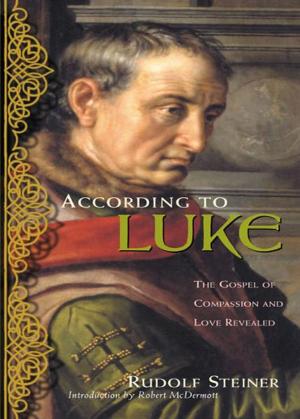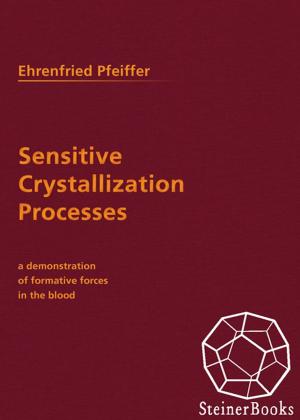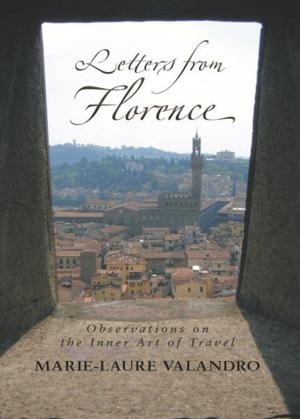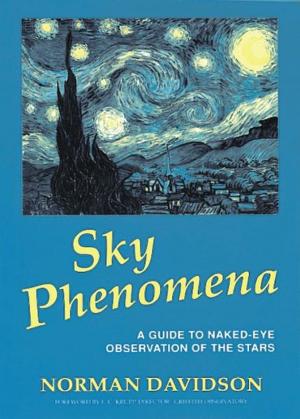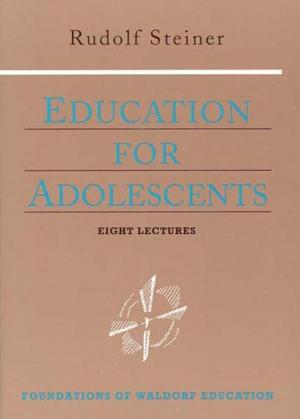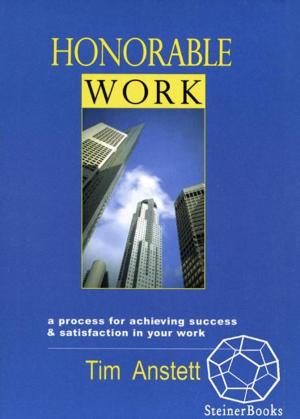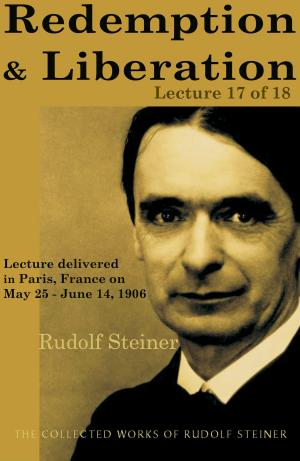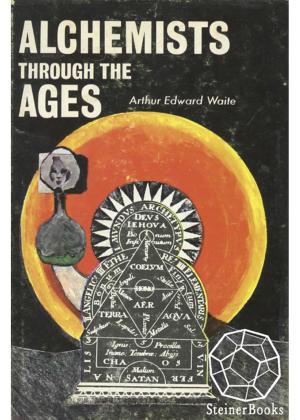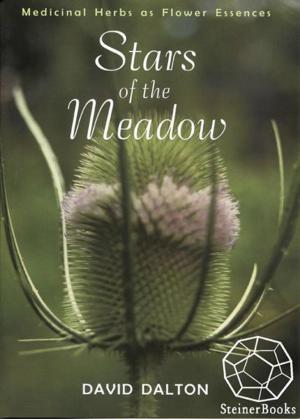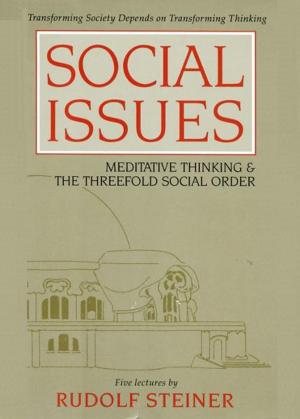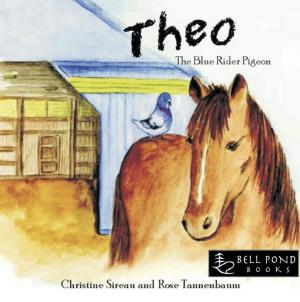The Foundations of Human Experience: Lecture 8 of 14
Nonfiction, Reference & Language, Education & Teaching, Educational Theory, Philosophy & Social Aspects| Author: | Rudolf Steiner | ISBN: | 9780880107570 |
| Publisher: | Steinerbooks | Publication: | September 1, 1996 |
| Imprint: | SteinerBooks, Collected Works 293 | Language: | English |
| Author: | Rudolf Steiner |
| ISBN: | 9780880107570 |
| Publisher: | Steinerbooks |
| Publication: | September 1, 1996 |
| Imprint: | SteinerBooks, Collected Works 293 |
| Language: | English |
This lecture is part of the collection "The Foundations of Human Experience" by Rudolf Steiner. Steiner (1861-1925) was an Austrian philosopher, social reformer, architect, and esotericist. He gained initial recognition as a literary critic and cultural philosopher. At the beginning of the 20th century, he founded a spiritual movement, Anthroposophy. He is considered the father of Waldorf education, biodynamic agriculture, anthroposophical medicine and spiritual science. Comparison of the processes of forgetting and remembering with those of falling asleep and awakening as exemplified disturbances in sleep. The process of remembering. Training the power to remember and the will through the effects of repetition. Strengthening memory through awakening intense interest. Comprehending human nature through division into components on the one side and the integration of components on the other. The twelve senses. Concerning the sense of I and the difference between the perception of another I (cognitive process) and the perception of ones own I (will process). The sense of thought. The division of the twelve senses into will oriented senses (touch, life, movement and balance), feeling oriented senses (smell, taste, sight and temperature) and cognitive senses (I, thought, hearing and speech). The division of the world by the twelve senses and their reintegration through judgment. Comprehension of the spirit through levels of consciousness (waking, sleeping, dreaming), of the soul through states of life (sympathy, antipathy) and of the body through forms (sphere, crescent moon and lines). The entire Collected Works of Rudolf Steiner are available from SteinerBooks.
This lecture is part of the collection "The Foundations of Human Experience" by Rudolf Steiner. Steiner (1861-1925) was an Austrian philosopher, social reformer, architect, and esotericist. He gained initial recognition as a literary critic and cultural philosopher. At the beginning of the 20th century, he founded a spiritual movement, Anthroposophy. He is considered the father of Waldorf education, biodynamic agriculture, anthroposophical medicine and spiritual science. Comparison of the processes of forgetting and remembering with those of falling asleep and awakening as exemplified disturbances in sleep. The process of remembering. Training the power to remember and the will through the effects of repetition. Strengthening memory through awakening intense interest. Comprehending human nature through division into components on the one side and the integration of components on the other. The twelve senses. Concerning the sense of I and the difference between the perception of another I (cognitive process) and the perception of ones own I (will process). The sense of thought. The division of the twelve senses into will oriented senses (touch, life, movement and balance), feeling oriented senses (smell, taste, sight and temperature) and cognitive senses (I, thought, hearing and speech). The division of the world by the twelve senses and their reintegration through judgment. Comprehension of the spirit through levels of consciousness (waking, sleeping, dreaming), of the soul through states of life (sympathy, antipathy) and of the body through forms (sphere, crescent moon and lines). The entire Collected Works of Rudolf Steiner are available from SteinerBooks.

